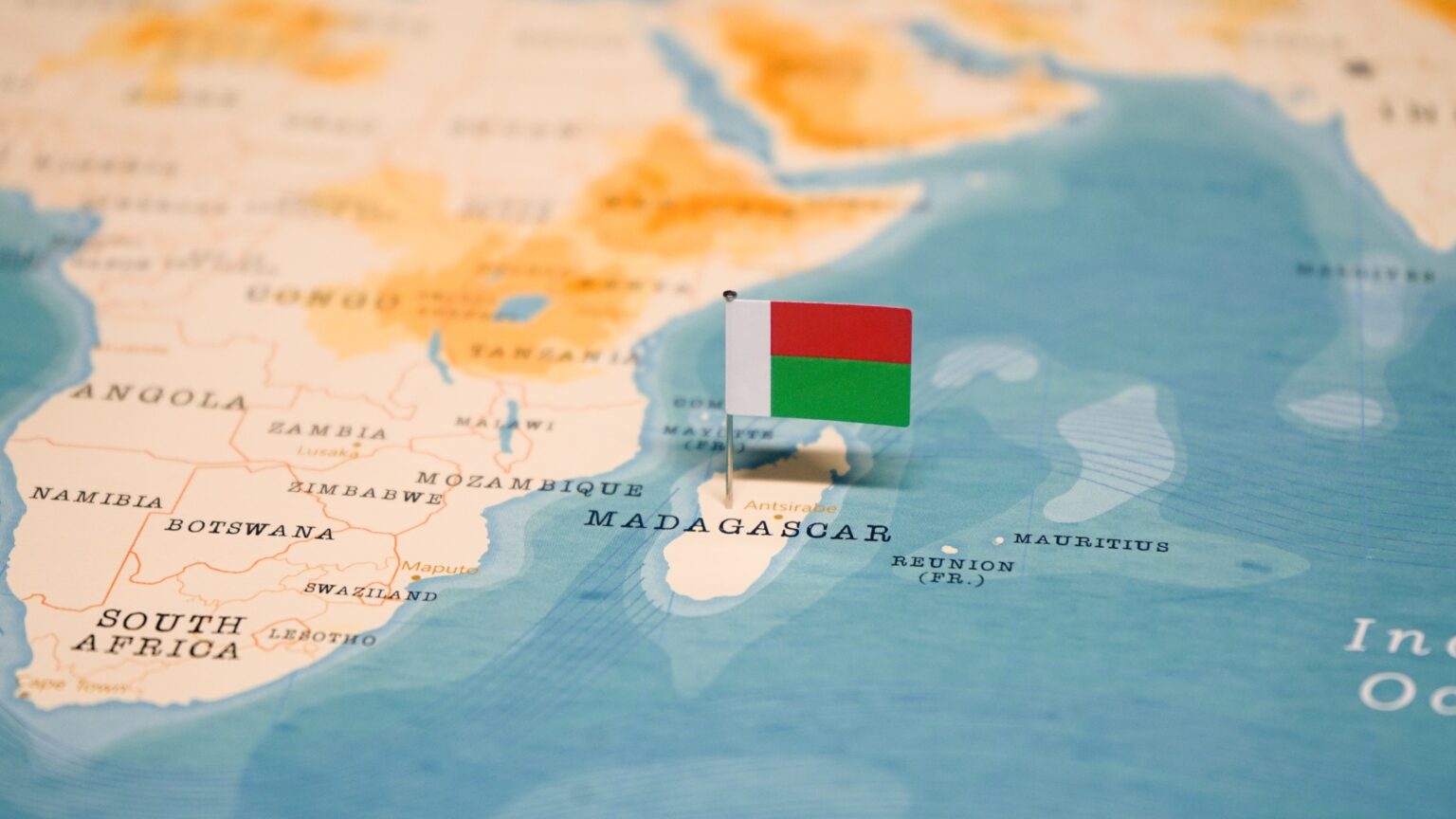The political landscape in Madagascar took a dramatic turn as Col. Michael Randrianirina of the elite CAPSAT unit declared that the armed forces were assuming control of the country. His announcement came just after parliament impeached President Andry Rajoelina, who fled amid mounting protests and a growing rebellion within the military ranks.
A Sudden Power Shift
Standing before the ceremonial presidential palace in Antananarivo, Col. Randrianirina made a clear statement: “We are taking power.” He announced that a military council composed of army and gendarmerie officers would oversee the transition, with a prime minister soon to be appointed to “quickly form a civilian government.” Randrianirina added that the constitution and the High Constitutional Court’s powers were suspended, and that a referendum would be held in two years—though few details were provided.
Rajoelina’s Fall from Power
President Rajoelina’s fall was swift. Earlier that day, he had attempted to dissolve the lower house of parliament to avoid impeachment, but lawmakers ignored his decree and voted overwhelmingly to remove him from office. Rajoelina, who came to power through a military-backed coup in 2009, fled to an undisclosed location, later saying he had gone to a “safe place” in fear for his life. His current whereabouts remain unknown.
Youth-Led Protests Ignite the Rebellion
Weeks of protests, led mainly by Madagascar’s Gen Z population, had called for Rajoelina’s resignation. Initially sparked by water and electricity shortages, the demonstrations grew to reflect widespread frustration over poverty, corruption, and lack of opportunity. The movement took a decisive turn when Randrianirina and his troops joined the protesters on Saturday. “If Madagascan children are studying in darkness where will the future of this nation be?” asked protester Soavololona Faraniaina. “Where is the wealthy Madagascar that many countries envied?”
Echoes of 2009: CAPSAT’s Role Reemerges
The CAPSAT military unit’s involvement brought back memories of 2009, when the same force helped Rajoelina rise to power. Over the weekend, CAPSAT declared it was assuming control of the armed forces and installed new military and gendarmerie leaders. Although the unit initially denied staging a coup, its dominance in government decisions and Randrianirina’s declaration confirmed otherwise.
A Nation at a Crossroads
Despite the upheaval, the streets of Antananarivo remained largely peaceful. Soldiers were seen celebrating with civilians, marking an uneasy calm after weeks of tension. Madagascar, where poverty affects 75% of the 31 million citizens, now faces an uncertain path forward. The promise of a future referendum and civilian government offers a glimmer of hope, but the nation’s long history of military takeovers looms large.
As Madagascar enters this new chapter, many citizens are left wondering whether this latest shift will bring real change—or simply another turn in the cycle of coups that has defined its modern history.


